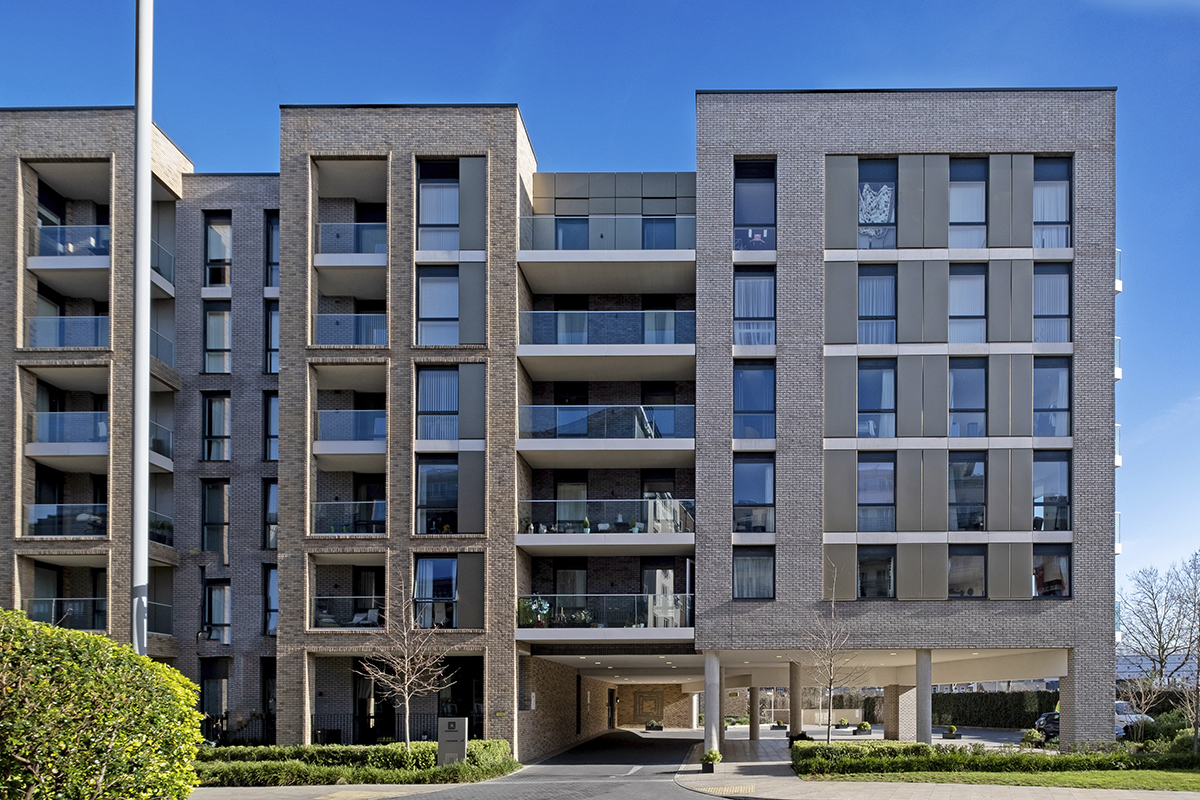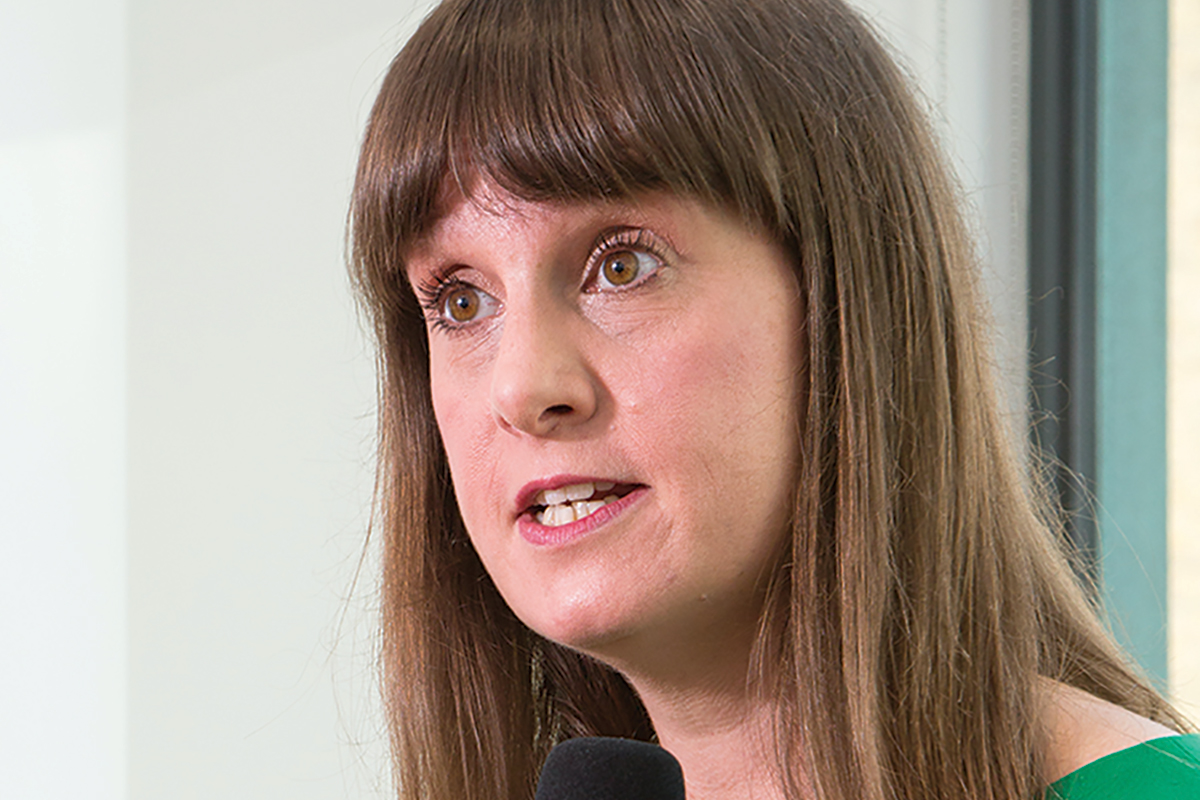For-profit providers still undecided on level of rent for shared owners
For-profit providers owning thousands of shared ownership homes have revealed that they are yet to make a decision on next year’s rent levels, after the traditional sector pledged to cap them below inflation.
Following a request from Inside Housing, several for-profit landlords said that a “formal decision” has still not been made on the level of cap, with one provider seeking legal advice on “the legality of deviating from the lease terms”.
Shared owners are facing housing costs that could be financially crippling, with the rental element of their homes not being covered by the government rent cap. Instead, most shared ownership deals see their rents increase by Retail Price Index (RPI) plus 0.5% every year.
The RPI figure from the prior September is used, which was 12.6% in 2022. This means shared owners face a rise of 13.1% in April if the landlord does not voluntarily cap it, with many also seeing increased service charges due to inflation and interest rates causing their mortgage repayments to rise.
An uncapped rent rise for a shared owner with 25% of an average three-bedroom house could be as much as an additional £70 per month.
Most traditional housing associations will cap the rises at 7% – in line with the government limit on social rent rises – the National Housing Federation (NHF) announced last year.
Inside Housing asked more than 10 registered for-profits, which are not NHF members, whether they had made a commitment on the rent settlement for 2023-24.
Heylo Housing, which was deemed non-compliant with the Regulator of Social Housing’s (RSH) standards in December, told Inside Housing that it currently owns 6,949 homes, and has just over 3,000 shared ownership properties in its development pipeline. The landlord also confirmed that no decision had been taken on the rent cap.
Legal & General Affordable Homes said it has “1,122 shared ownership homes sold and occupied and a further 1,163 additional shared ownership homes under construction in our pipeline”.
The provider, part of insurance giant Legal & General, explained that its board “has not formally made a decision on the approach to limiting the burden of rent increases on shared owners”.
However, it added: “We have been in discussion with DLUHC and the NHF and expect our approach to be in line with that committed to by the majority of NHF members.”
The NHF, which has 800 members, made the decision following the proposal outlined by chancellor Jeremy Hunt in parliament for a 7% cap on social rents from next April.
However, Inside Housing revealed in December that not all NHF members had made a decision.
Accent Housing said it will not make a decision to apply a 7% rent cap for shared owners until a board meeting has taken place this month.
For-profit Grainger Trust told Inside Housing that it made a decision in July 2022 to voluntarily cap shared owners’ rent at 9%, but after the 7% cap was announced by the majority of NHF members, it started reviewing the level of its cap and the outcome will be determined over the next few months.
The landlord said: “But we hope to be able to voluntarily adhere to the 7% cap.”
Grainger Trust currently owns and operates 348 shared ownership homes, with a further 68 in its secured development pipeline.
Residential Secure Income (ReSI) is managed by Gresham House, which has around 1,550 shared ownership homes under management, with about another 600 in its development pipeline.
ReSI owns ReSI Housing, a for-profit registered provider, which said it is exploring its wish to offer a reduced increase for shared ownership rents at the annual review due in April 2023.
It added: “We are in discussion with our lawyers about the legality of deviating from the lease terms.”
Sage Homes did not provide the figures for the number of shared ownership properties it owns or in its pipeline but it did confirm that a “formal decision on rents for 2023-24 has not been made”.
Sage said that it had also been in regular contact with the sector, and the housing department, and that it “intends to be in line with the rest of the sector”.
Perran Housing was set up by a Cornwall-based, council-owned house builder as a for-profit in October last year.
It revealed that it has 49 shared ownership homes planned in its development pipeline and confirmed that it is also “yet to make a decision on what level of rent to cap for shared owners”.
Several other organisations were also asked to comment by Inside Housing.
McCarthy Stone, the UK’s largest retirement housing developer, registered a for-profit provider in February 2021.
The developer pointed to a release on its website about its shared owner arm that revealed plans to deliver 1,500 new affordable shared ownership properties over the next five years. But it made no statement on the level of rent cap.
Auxesia Homes, Castle Housing, Halesworth, Loddon Homes and T3 Residential did not not respond to Inside Housing’s request.
Sign up for our development and finance newsletter
Already have an account? Click here to manage your newsletters












